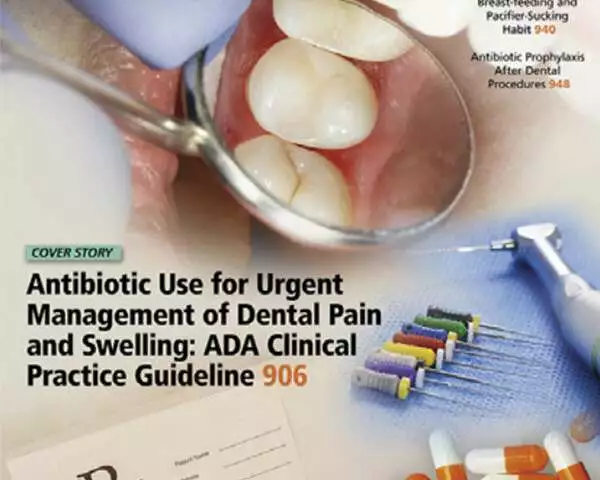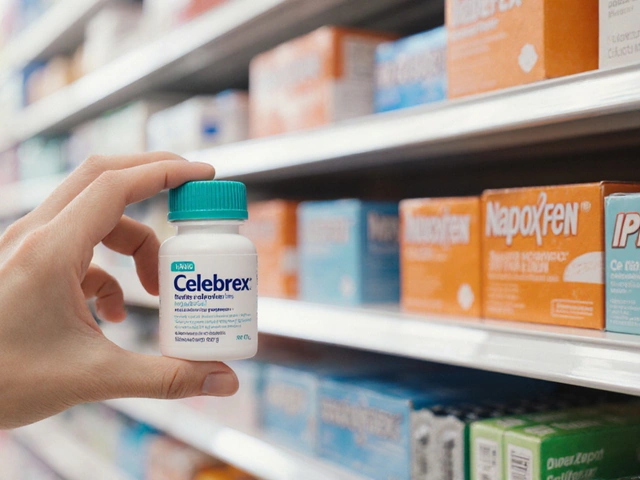Understanding Acetaminophen and Its Uses
As a pet parent, it's important to understand what acetaminophen is and how it's used in human medicine. Acetaminophen, also known as paracetamol, is a common over-the-counter medication used to relieve pain and reduce fever in humans. It's often found in products like Tylenol, Panadol, and various cold and flu medications. While it might be an effective remedy for us, it's crucial to know whether it's safe for our furry friends as well.
When we're in pain or feeling under the weather, it's tempting to think that our pets could benefit from the same medications that help us. However, this isn't always the case. In this article, we'll discuss the safety of acetaminophen for pets, potential risks, and alternative options for managing your pet's pain and discomfort.
Why Acetaminophen Can Be Dangerous for Pets
Acetaminophen can be extremely toxic to pets, particularly cats and dogs. The reason for this is that their bodies process the drug differently than ours, making them more susceptible to its harmful effects. In fact, even a small amount of acetaminophen can cause serious health issues or even be fatal to your pet.
The primary concern with acetaminophen toxicity in pets is the damage it can cause to their liver and red blood cells. When acetaminophen is metabolized by the liver, it produces a toxic byproduct that can lead to liver failure, especially in cats. Additionally, this toxic byproduct can cause a condition called methemoglobinemia, where the red blood cells lose their ability to carry oxygen, essentially suffocating your pet from the inside.
Recognizing the Signs of Acetaminophen Poisoning
Being aware of the symptoms of acetaminophen poisoning can help you act quickly if your pet accidentally ingests this medication. Some of the common signs of acetaminophen toxicity in pets include:
- Vomiting
- Loss of appetite
- Weakness and lethargy
- Abdominal pain
- Dark-colored urine
- Difficulty breathing
- Swelling of the face or limbs
If you suspect your pet has ingested acetaminophen, seek immediate veterinary care. The earlier the treatment, the better the chances of a successful recovery.
What to Do If Your Pet Ingests Acetaminophen
If you believe your pet has consumed acetaminophen, it's crucial to act quickly. First and foremost, do not attempt to induce vomiting unless explicitly instructed by a veterinarian. Inducing vomiting can sometimes cause more harm than good, especially if your pet is showing symptoms of poisoning.
Contact your veterinarian or an emergency animal hospital right away. They will be able to provide you with the best advice on how to proceed and may recommend bringing your pet in for immediate treatment. Depending on the severity of the poisoning, your pet may require hospitalization, intravenous fluids, and medications to help counteract the toxic effects of the acetaminophen.
Safe Alternatives for Managing Your Pet's Pain
Now that we've established that acetaminophen is not a safe option for our pets, it's important to know what alternatives are available to help manage their pain and discomfort. Remember, never administer human medications to your pet without consulting your veterinarian first. They can recommend the appropriate medications and dosages specifically designed for your pet's needs.
There are several types of pain medications available for pets, including nonsteroidal anti-inflammatory drugs (NSAIDs), opioids, and corticosteroids. The specific medication chosen will depend on the underlying cause of your pet's pain, their overall health, and any other medications they may be taking.
Preventing Accidental Acetaminophen Ingestion
Prevention is always the best medicine. To keep your pets safe from accidental acetaminophen ingestion, it's essential to practice responsible medication storage. Keep all medications, including over-the-counter pain relievers, in a secure location that is out of reach of curious pets. This may mean using a locked cabinet or a high shelf that your pet cannot access.
Additionally, be mindful of any guests who may be visiting your home. They may not be aware of the dangers of acetaminophen for pets, so be sure to inform them of the importance of keeping their medications securely stored away from your furry friends.










Krishna Sirdar April 25, 2023
Acetaminophen is a big no‑no for cats and dogs.
becca skyy April 28, 2023
It really hurts my heart to think anyone would give a pet a drug meant for humans. The liver in cats is especially fragile, so even a tiny tablet can cause irreversible damage. Store all medicines out of paw‑reach, and let visitors know that pets shouldn’t be near your medicine cabinet. If you suspect an accidental ingestion, call your vet right away – time is everything.
Theo Roussel May 1, 2023
From a pharmacokinetic perspective, acetaminophen undergoes hepatic glucuronidation in humans, a pathway that is markedly under‑expressed in felines, leading to accumulation of the toxic metabolite N‑acetyl‑p‑benzoquinone imine (NAPQI). In canines, the sulfation pathway compensates partially, yet the margin of safety remains narrow, especially in breeds predisposed to hepatic insufficiency. When NAPQI binds to cellular proteins, it precipitates oxidative stress and mitochondrial dysfunction, culminating in hepatocellular necrosis. Simultaneously, the drug oxidizes hemoglobin to methemoglobin, impairing oxygen delivery and manifesting as cyanosis or dark‑colored mucous membranes. Clinically, one observes a constellation of signs: vomiting, anorexia, lethargy, abdominal discomfort, and in severe cases, hemolytic anemia with hemoglobinuria. Laboratory diagnostics often reveal elevated transaminases, bilirubin, and a methemoglobin fraction exceeding 10 %. Prompt decontamination via activated charcoal, if administered within the appropriate window, can mitigate absorption. Intravenous N‑acetylcysteine serves as the antidote, replenishing glutathione stores and facilitating NAPQI detoxification. Supportive care may include fluid therapy, analgesia that avoids further hepatic strain, and oxygen supplementation. Veterinary prognosis hinges on the rapidity of intervention and the ingested dose relative to the animal’s weight. Preventive measures, such as securing tablets in locked drawers and using child‑proof caps, are paramount. Education of household members about the species‑specific toxicity of common analgesics cannot be overstated. Ultimately, the safest approach is to rely exclusively on veterinary‑prescribed analgesics for pets.
Erick Masese May 4, 2023
Indeed, the metabolic divergence you outlined underscores why indiscriminate dosing is perilous; veterinary guidance offers irreplaceable specificity.
Matthew Charlton May 7, 2023
When you’re looking for pain relief for a dog, there are plenty of vet‑approved NSAIDs that are both safe and effective. Stick to what your vet recommends and you’ll keep your companion comfortable without risking liver trouble.
Pamela may May 10, 2023
Let me be crystal clear: storing meds loosely on the kitchen counter is basically an invitation for disaster. Your cat might think it’s a snack, and the consequences are not just a mild upset stomach – we’re talking liver failure, methemoglobinemia, and a potential trip to the emergency clinic. You need a dedicated, lock‑able cabinet that’s out of sight and out of mind. Educate every visitor – grandparents, friends, babysitters – that any pill, even a tiny aspirin, can be lethal to pets. If you ever suspect ingestion, don’t waste time guessing; call the vet or an animal poison control hotline immediately. While waiting, keep your pet calm and avoid giving food or water unless the vet tells you otherwise. Remember, the fastest response dramatically improves outcomes.
tierra hopkins May 13, 2023
Just a heads‑up: don’t assume that because a drug is over‑the‑counter it’s automatically pet‑friendly. Keep the conversation about pet meds open and respectful with anyone who steps into your home.
Ryan Walsh May 16, 2023
Exactly, simple rule – if it’s for you, keep it away from your dog or cat. When in doubt, ask the vet.
Kiersten Denton May 18, 2023
Pets don’t need human painkillers.
Karl Norton May 21, 2023
Honestly, it’s baffling how often people overlook basic species‑specific pharmacology. A quick glance at the label could save a life.
Ashley Leonard May 24, 2023
Great summary, everyone – keep those meds locked up and rely on your vet for safe pain management options.